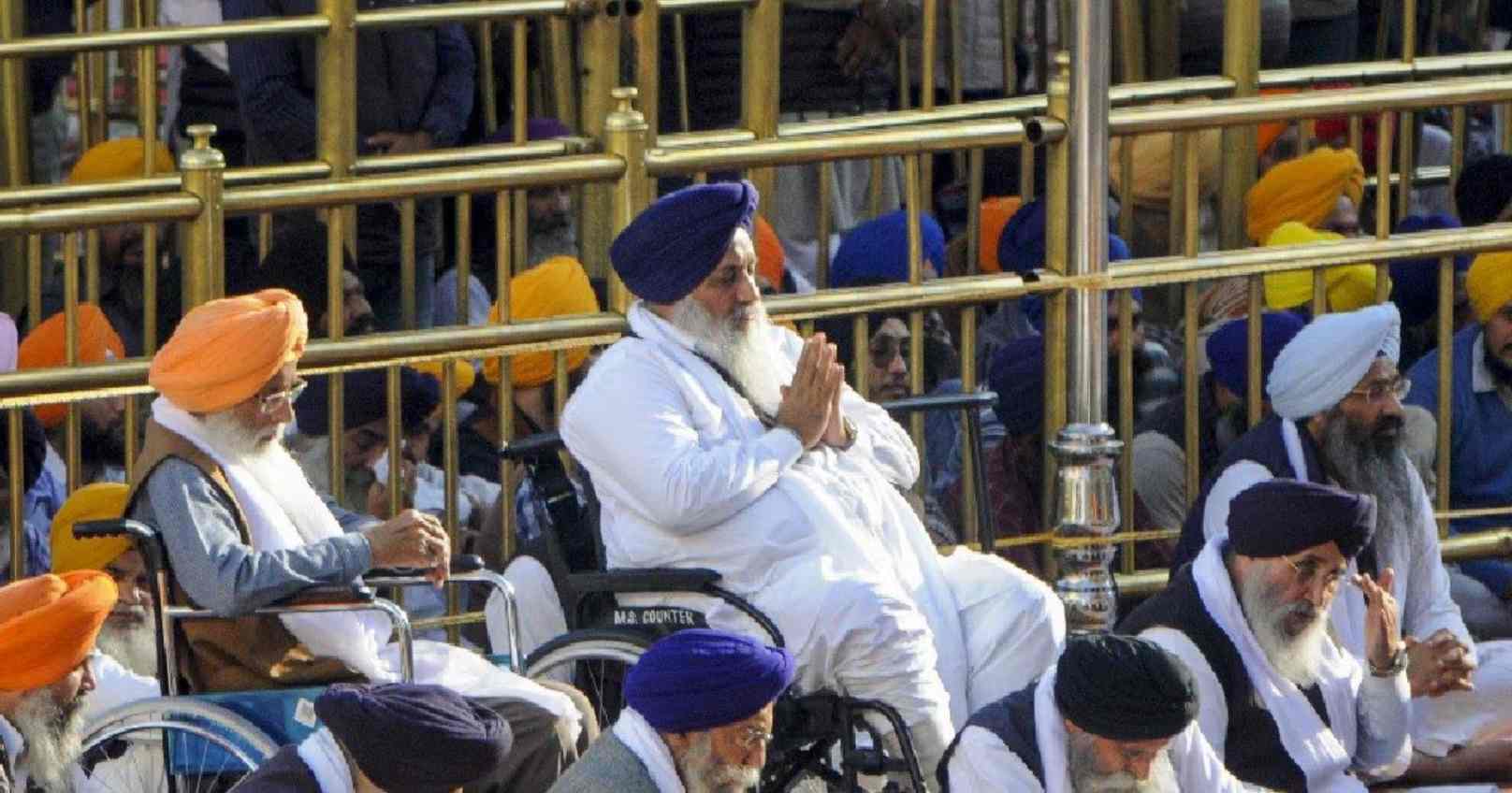Former Punjab Deputy Chief Minister Sukhbir Singh Badal has been directed by the Akal Takht, the highest temporal authority of the Sikhs, to undertake religious service at the Golden Temple in Amritsar. The directive comes as punishment for his role in controversial political decisions during his tenure, including the 2015 pardon granted to Dera Sacha Sauda chief Gurmeet Ram Rahim Singh, a move that drew widespread criticism within the Sikh community.
The Akal Takht Jathedar, Giani Raghbir Singh, along with four other Sikh high priests, declared Sukhbir Badal a "tankhaiya" (guilty of religious misconduct) on August 30. As part of the atonement, Badal and his former Cabinet members have been instructed to perform 'sewa' (selfless service) at the Golden Temple, which includes cleaning washrooms, washing utensils, and other duties.
In addition to the personal punishment, the Akal Takht has directed the Shiromani Akali Dal (SAD), led by Badal, to accept his resignation as party chief within three days. The SAD's working committee has been tasked to comply with this order and report back to the Akal Takht.
Further, the Akal Takht revoked the "Faqr-e-Quam" (Pride of the Community) title that was previously awarded to the late Parkash Singh Badal, Sukhbir's father and former Chief Minister of Punjab, due to controversies during the Akali Dal's governance.
Sukhbir Badal, who is currently wheelchair-bound, admitted to his role in the controversial decision regarding the Dera chief during the Akal Takht's recent proceedings. The decision to impose these punishments follows a period of deliberations by the Sikh high priests.
In a gesture of adherence to the Akal Takht’s authority and to uphold the religious traditions of Sri Akal Takht Sahib, the SAD had earlier chosen not to contest by-elections for four Assembly seats in Punjab.
The Akal Takht’s directives aim to address longstanding grievances within the Sikh community and reinforce accountability for decisions affecting Sikh religious and political interests.







